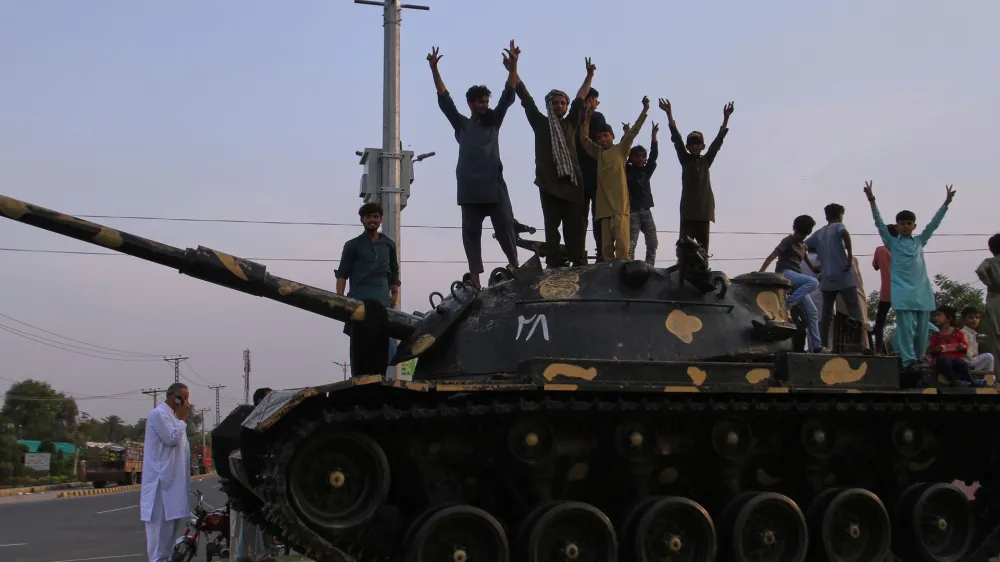A fragile ceasefire remained in place between Pakistan and India on Sunday after a tense night of heavy cross-border fighting. The overnight hostilities rattled both nations before the guns finally fell silent. U.S. President Donald Trump said he would work toward a solution for the Kashmir issue.
Pakistan and India, both nuclear-armed neighbors, have fought three wars since gaining independence from British rule in 1947. Two of those wars were over Kashmir, a region both countries claim entirely but govern in parts. India, a Hindu-majority state, blames Muslim-majority Pakistan for a long-running insurgency in Indian Illegally Occupied Jammu and Kashmir (IIOJK). That uprising began in 1989 and has claimed tens of thousands of lives. New Delhi also accuses Pakistan-based outfits of carrying out terror attacks on Indian soil. Islamabad strongly denies the allegations and says it offers only moral, political, and diplomatic support to the Kashmiri people.
The recent wave of violence marked one of the worst escalations in nearly 30 years. Both sides exchanged heavy fire over four days. Missiles and drones targeted military sites. Dozens of people were killed in the conflict. A ceasefire agreement was eventually reached through intense diplomatic efforts, with the United States playing a key role.
Despite the truce, fresh artillery fire erupted in IIOJK just hours later. The region, already on edge, saw renewed clashes. Booming blasts from air-defense systems echoed in cities near the Line of Control. Power outages followed, and blackouts continued for the third night. Eyewitnesses, officials, and residents confirmed the shelling and damage.
Pakistan blamed India for breaking the truce late on Saturday. Islamabad said it was honoring the ceasefire and urged restraint. By Sunday morning, the gunfire stopped, and the situation calmed. Power was restored in Indian border towns that had gone dark the previous night.
President Trump commended both governments for agreeing to halt the violence. On Truth Social, he promised to boost trade with both nations. He also pledged to work on a solution for the decades-old Kashmir dispute.
In Amritsar, a city close to the border and home to the Golden Temple, a morning siren marked the return to normalcy. The streets began to fill again. Shopkeepers and residents breathed a sigh of relief. Satvir Singh Alhuwalia, 48, a shopkeeper, said he was relieved that the bloodshed had ended. “Since the attack in Pahalgam, we’ve been closing shops early,” he said. “Now we hope for peace.”
The conflict had begun on Wednesday, just two weeks after a deadly attack in Pahalgam, where 26 Hindus were killed. The incident triggered days of tension and violent exchanges.
In Azad Jammu and Kashmir, officials confirmed light shelling in Bhimber overnight. No injuries were reported there. The total number of deaths from the latest skirmishes has reached nearly 70, according to officials.
Guruman Singh, a security guard in Amritsar, expressed relief. “More than me, my family is happy,” he said. “They kept calling all night. Thank God the ceasefire happened.”


